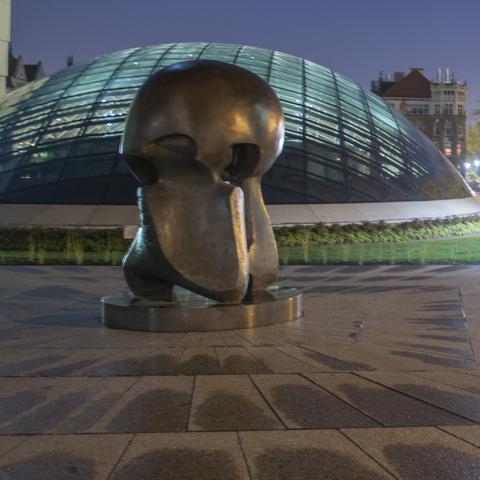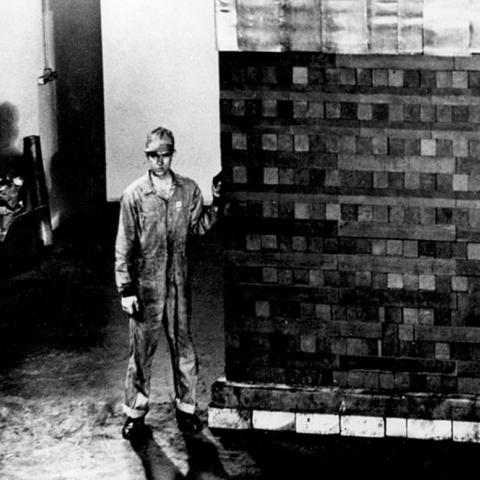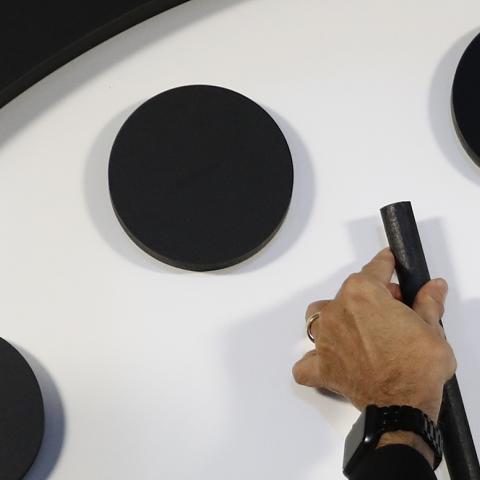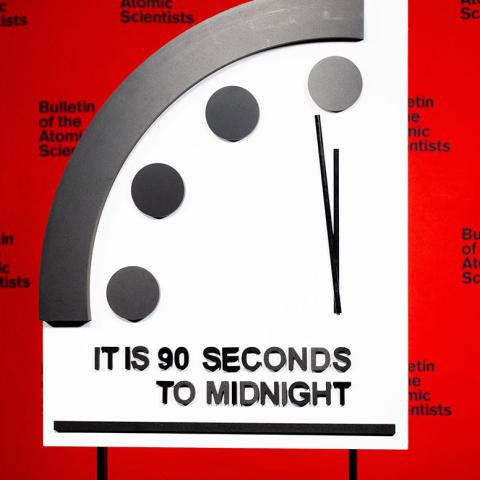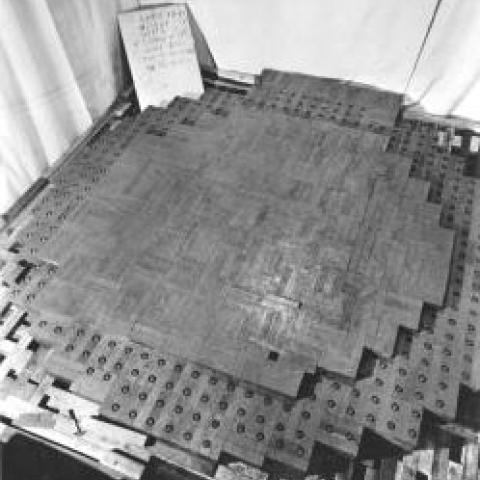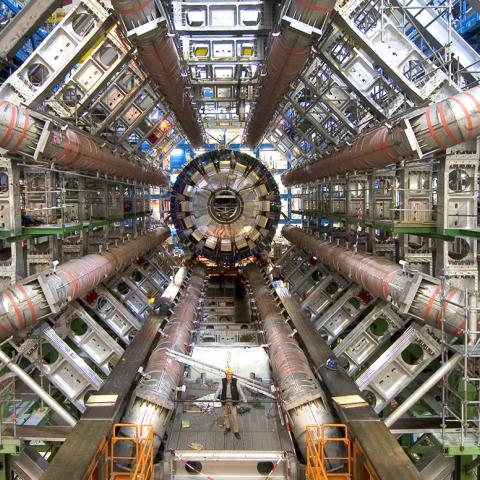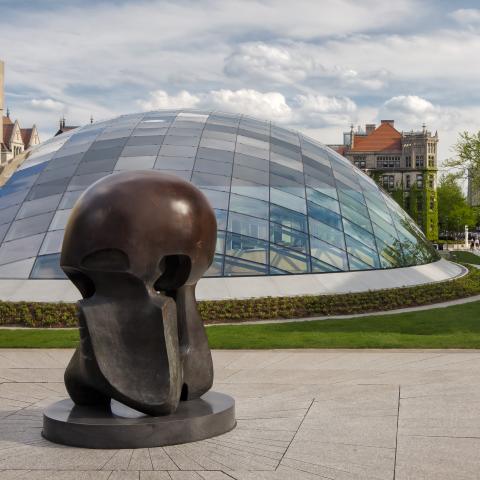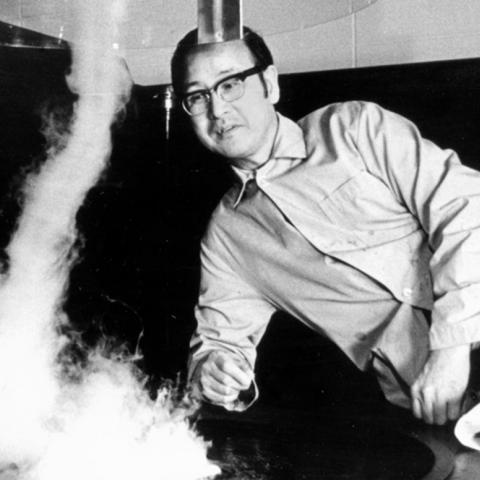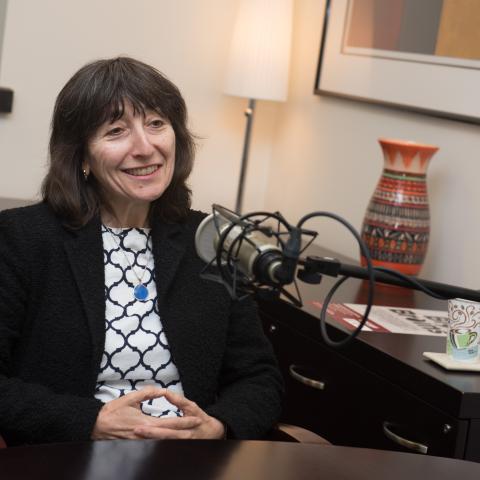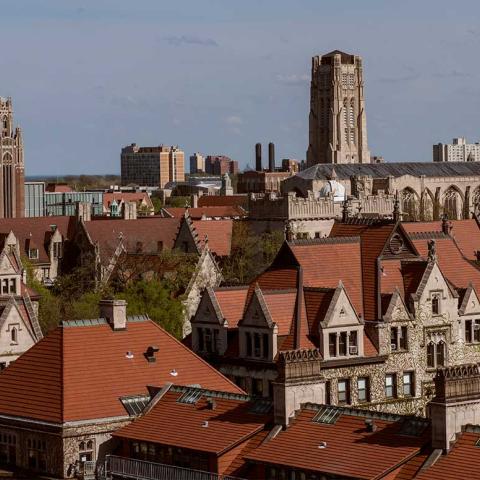First nuclear reaction: The Day Tomorrow Began
First nuclear reaction
As World War II raged, scientists gathered beneath the football stands at the University of Chicago to work on an experiment that would radically reshape the 20th century. Their work to achieve the first nuclear reaction in 1942 marked the start of the Atomic Age, and it would change everything—from energy to medicine to the geopolitical landscape.
In the 1930s, scientists had begun to unravel the secrets of the atom. Some of them had followed the research to the conclusion that it could be used as a weapon more powerful than anything humanity had ever known.
When World War II broke out, no one in the Allied nations knew if the Nazis had done the same. In response, the U.S. government convened the top-secret Manhattan Project.
A team of scientists, engineers and staff gathered at the University of Chicago in 1942. Led by Enrico Fermi, one of many scientists who had fled fascism in Europe, they worked day and night to build the world’s first nuclear reactor—a 20-foot-tall structure of graphite and uranium known as Chicago Pile-1.
On Dec. 2, 1942, the reactor achieved criticality.
The project then moved to Los Alamos, New Mexico, where just two-and-a-half years later, the first test of the atomic bomb occurred.
But a group of these scientists would also petition the U.S. government not to use these weapons on humans. When they were ignored, they founded the Bulletin of Atomic Scientists, housed at the University of Chicago, which ever since has kept watch over nuclear threats. Each year the Bulletin sets the hands of the Doomsday Clock, indicating how far we are from self-destruction.
The Manhattan Project gave us both hope and grief. It resulted in a devastating weapon, a new way to make electricity, and a new blueprint for scientific research, including the first national laboratories—such as Argonne National Laboratory—which today conducts research on sustainable energy technology.
It also led to a new global landscape. In many ways, it marked a turning point in the 20th century—as well as a new era: the Atomic Age.

The first nuclear reactor, explained
What did the first nuclear reactor look like, and how did it work? Learn about Chicago Pile-1 and its enduring legacy.
Read the explainer here
Top Stories
Explore more topics in the series
Learn about the monumental breakthroughs at the University of Chicago and the people behind them.
— Carbon dating
— Cancer research
— Social work
— Economics
— Sleep research
— Quantum technology
— Ancient civilizations
— Black holes
— The Day Tomorrow Began website
Learn more about UChicago's global impact
Photo gallery
<p><strong>Photos: Remembering Robert J. Zimmer</strong></p>
